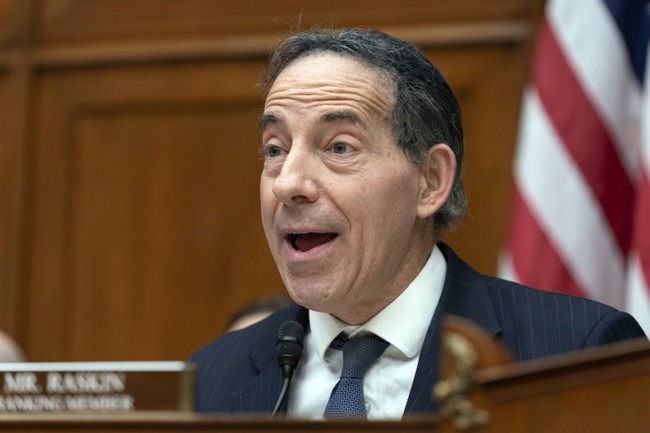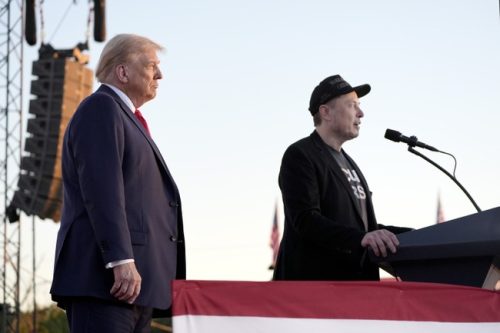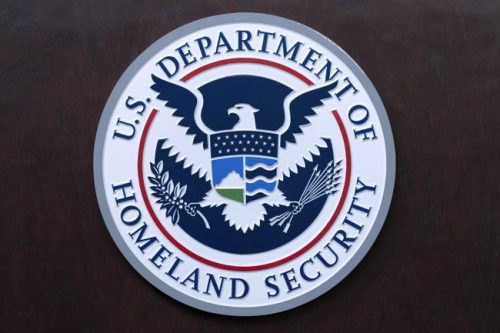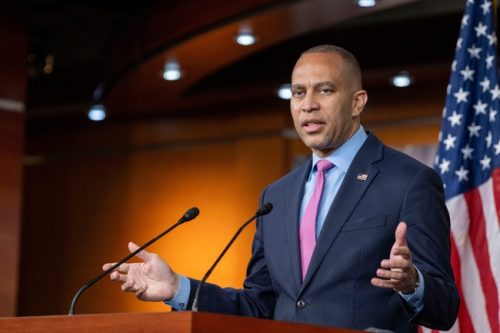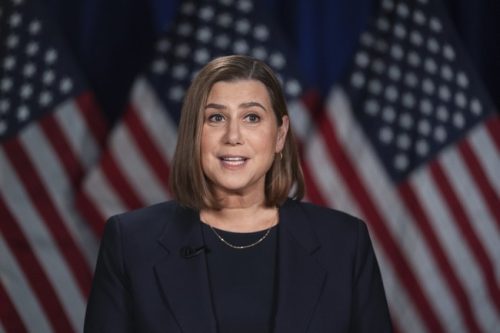Summary: A Democratic congresswoman took texts from Jeffrey Epstein during a 2019 hearing, and a fellow Democrat mounted a surprising defense as the House moved to censure her.
Rep. Jamie Raskin stood up on the House floor to defend Del. Stacey Plaskett after documents showed she communicated with Jeffrey Epstein during a congressional hearing. His remarks struck many as tone-deaf given Epstein’s crimes, and Republicans pushed for formal discipline that could strip her committee assignment.
The House voted to proceed with censure proceedings against Plaskett, citing newly surfaced records that suggest the information in Epstein’s texts may have shaped her questions during the February 2019 hearing. Lawmakers argued the matter goes beyond an awkward phone call and moves into the realm of troubling coordination with a convicted sex trafficker.
On the floor Raskin argued that Republicans “want to give them another headline” and claimed they were attacking Plaskett “for taking a phone call from her constituent, Jeffrey Epstein, in the middle of a hearing. “And of course, I don’t think there’s any rule here against taking phone calls in a hearing,” he added. That defense did not satisfy members who view Epstein as more than a run-of-the-mill constituent.
Republicans countered that the context matters: this was not a neutral caller but a convicted sex offender with influence and a history of trafficking. Critics noted that Plaskett’s apparent use of Epstein-provided information to shape her line of questioning is what elevated the issue from odd to dangerous. The censure resolution specifically argues she “colluded” with Epstein, language chosen to underscore the seriousness of the charge.
From The Washington Post:
The newly released documents from Jeffrey Epstein’s estate show that the convicted sex offender texted with a Democratic member of Congress, Del. Stacey Plaskett of the U.S. Virgin Islands, during a congressional hearing with Michael Cohen, and that those text messages may have influenced the congresswoman’s questions of Cohen, President Donald Trump’s former personal attorney and fixer.
In the texts, Epstein appeared to be watching the February 2019 hearing in real time and at one point informed Plaskett — whose name is redacted from the documents — that Cohen had brought up former Trump executive assistant Rhona Graff in his testimony. At the time, Cohen was testifying before the House Oversight Committee against his former boss, alleging that Trump was racist, manipulated financial records and directed hush money payments to cover up his extramarital affairs — allegations Trump denied. The president said on social media that Cohen was “lying” before testimony began.
“Cohen brought up RONA – keeper of the secrets,” Epstein texted, misspelling Graff’s first name.
“RONA??” Plaskett responded. “Quick I’m up next is that an acronym,” she added, suggesting she would question Cohen soon.
Outside of the quoted material, newly visible exchanges show Epstein directing Plaskett to press Cohen about President Trump’s former executive assistant, and she did exactly that in her questioning. Afterward, Epstein texted her, “good work.” That short note is now part of the evidence critics say points to improper coordination rather than innocent constituent outreach.
The resolution to censure Plaskett survived a procedural challenge from Democrats and will be put before the full House for a final vote later. If adopted, the measure would formally reprimand her conduct and could include removal from the House Intelligence Committee, a significant political consequence given the sensitive nature of that panel’s work.
Defenders like Raskin framed this as a moment of partisan theater, insisting there is no explicit rule against taking calls during hearings and pointing to Plaskett’s record on trafficking issues. Republicans pushed back that the record now includes texts showing Epstein monitoring the hearing in real time and supplying specific prompts that steered her questions.
For many conservatives, the core problem is simple: an elected official should not be guided in committee work by a convicted sex trafficker. That concern drove the push for censure and fueled wider calls for transparency about how Epstein interacted with public officials. The House action aims to put a marker down that coordination with someone like Epstein is unacceptable and warrants formal rebuke.
The coming days will determine whether the House converts the procedural move into an actual censure and whether Plaskett faces additional penalties or scrutiny. Lawmakers on both sides said the episode raises questions about access, judgment, and where congressional responsibility begins and ends when outside actors try to influence oversight hearings.

